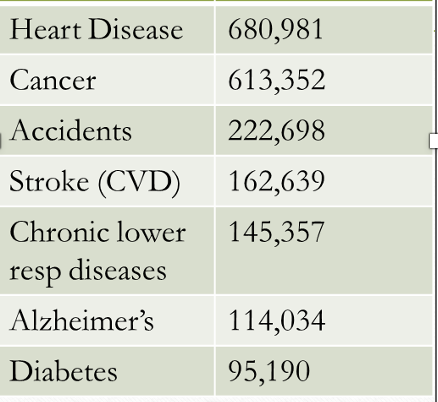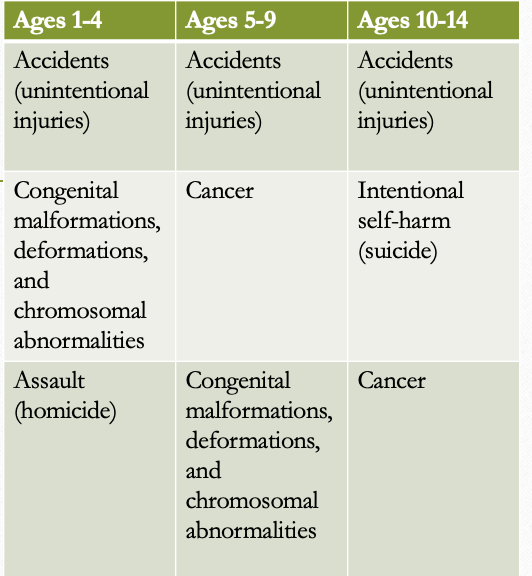Exam 2 - HIPAA, IC, and Tx of Minors
1/26
There's no tags or description
Looks like no tags are added yet.
Name | Mastery | Learn | Test | Matching | Spaced | Call with Kai |
|---|
No analytics yet
Send a link to your students to track their progress
27 Terms
What does this refer to
Prior to 1996 there wasn’t a standard for proper transmission of medical information from one entity to another safely
With the creation of electronic medical records came the need for readily accessible health information
_______, created in 1996, gave directions on safeguarding sensitive patient materials while effectively allowing the sharing of health information
HIPAA Health Information Portability and Accountability Act of 1996
What does this refer to
_______ protects patients in the event of loss of insurance coverage with change of job.
Limits the restrictions on preexisting conditions.
Health plans may not cover certain conditions for 12-18 months after enrollment
Allows any prior coverage to lessen the restricted period.
Exception is health plan premium extra cost for certain conditions
Tobacco use
BMI
Title I of HIPAA
What does this refer to
______ is made up of sections, or rules ensuring national standards for EHR
Title II of HIPAA
What does this refer to
_________
Purpose-to define and limit the circumstances in which and individual’s health information may be used or disclosed by covered entities.
Created national standards for the protection of certain health information.
Addresses the use and disclosure of individuals’ health information, or “protected health information”
Privacy Rule
What does this refer to
_________ generally requires HIPAA covered entities to provide individuals, upon request, with access to the PHI about them in one or more “designated record sets” maintained by or for the covered entity.
May inspect or obtain a copy or both
May direct the covered entity to transmit a copy to a designated person or entity of the individual’s choice
Have a right to access this PHI for as long as it is maintained by the entity despite the format of the information (paper, electronic, onsite or remote)
The privacy rule (access to health records)
What does this refer to
_______-demographic data that relates to:
individual’s past, present, of future physical, or mental health condition
the provision of health care to the individual
or the past, present, or future payment for the provision of health care to the individual
Identifiers such as name, DOB, SSN, address
Protected Health Information (PMI)
What does this refer to
Requires covered entities to maintain reasonable and appropriate administrative, technical, and physical safeguards for protecting e-PHI.
Security Rule
What does this refer to
Enforces compliance of proper use of HIPAA and conducts investigations and imposes monetary penalties
Enforcement Rule
What does this refer to
Implements a number of provisions related to an Act covering Health Information Technology
Final Omnibus Rule
What does this refer to
Notification of any information leaks
Breach Notification Rule
What does this refer to
Privacy
Freedom of choice
Self-determination
Practical application for PAs
“…Each patient should be viewed and treated as an autonomous, or self-governing person who is allowed to act in accordance with freely chosen informed goals, as long as those actions do not obstruct or violate the autonomous actions of others”.
Autonomy
What does this refer to
You must tell them what’s going on!!!
ALL OF IT!!!!!!
THE GOOD AND THE BAD!!!
THE RISKS AND THE BENEFITS!!!
!!!
Then the patient can decide for treatment based on full knowledge regarding medical situation
Informed consent
What does this refer to
Benefits
Risks
Alternatives, to them
Insight into what these mean
Nothing
what would be the consequence of doing nothing?
Used with informed consent
What does this refer to
What is the chance it will prolong my life?
By how much?
What are the side effects?
What are the alternatives?
If you know these answers when the patient asks, their confidence and trust in you increases
Questions to know the answer for before going into the encounter
What does this refer to
Inmates, as well as other patients, can decide to not give consent for treatment
When would a provider have to intervene for a refusal of treatment?
How can we deal with this?
Informed Consent During Incarceration (incarceration does not take away the right for informed consent)
What does this refer to
The autonomous patient still makes decisions regarding their health unless otherwise stated in the medical history.
The patient’s wishes should be honored, and their wishes should still dictate decisions.
This is not always the case.
Informed Consent in End of Life
What does this refer to
Similar and follows same concepts as informed consent.
Must be specific to the risks
May include photo consent
May include observer consent
Usually requires witness signatures
Requires interpreters when necessary
Usually MD signature for surgical consent
Surgical Consent
What does this refer to
Every attempt must be made to get firsthand consent from the patient.
If that is not available go to spouse or first degree relative
Mother, Father, Brother, Sister, Children
If no one available, do what’s best for the patient.
DOCUMENT
DOCUMENT
DOCUMENT
Emergency Consent
What does this refer to
Usually from a third party
Parent
Guardian
Self if old enough
Document who you got the history from
Use open ended questions and inquire for more information
Once provider feels patient has reached appropriate maturity level may have one on one portion of visit with the child
Usually, a group meeting with the adult at the end of the visit to recap all non confidential info
Pediatric history
What does this refer to
Common-law rule that allows an adolescent who is mature to give consent for medical care.
Usually, 14 is considered determining age but not concrete
This should be distinguished from any other legal requirements
Mature Minor Doctrine
What does this refer to
Emergency care, sexually transmitted diseases, drug treatment, mental health care, pregnancy, contraception, and emancipation
Exceptions to Mature Minor Doctrine
What does this refer to
The age of legal competence to consent in sexual acts
Age varies within jurisdiction but usually ranges between 14-18
Laws vary by type of sexual act, gender of participants and abuse of a person of trust
Age of Consent
What does this refer to
Occurs naturally in the US at the age of 18
Some disability restrictions hinder emancipation
If emancipation requested before age 18, the minor must be financially self-sufficient
Emancipation
What does this refer to
Preparing the Parent/Guardian for upcoming milestone.
Great segue into potentially avoiding uncomfortable territory.
Risky behavior
Allows the PA to “team up” and build trust bond with the parent and/or child.
Anticipatory Guidance
What does this refer to
Professionalism
Respect for patients
Culturally competent
Humanistic
Compassionate about patient care
Always maintain integrity
Be forthcoming with information and not withholding
Admit to errors
What makes a PA a great PA
What does this refer to

Leading cause of deaths in USA
What does this refer to

Ages and leading cause of death in USA